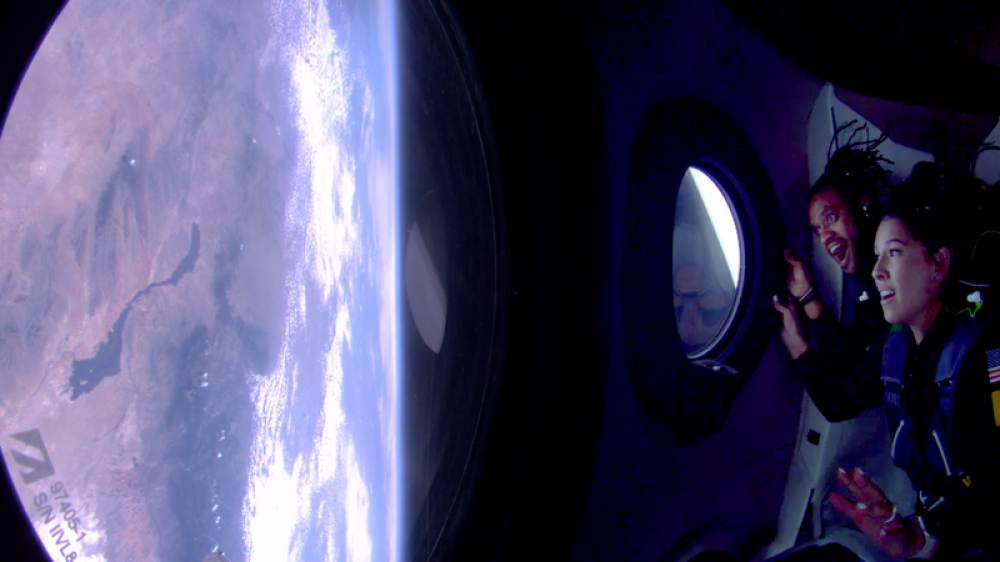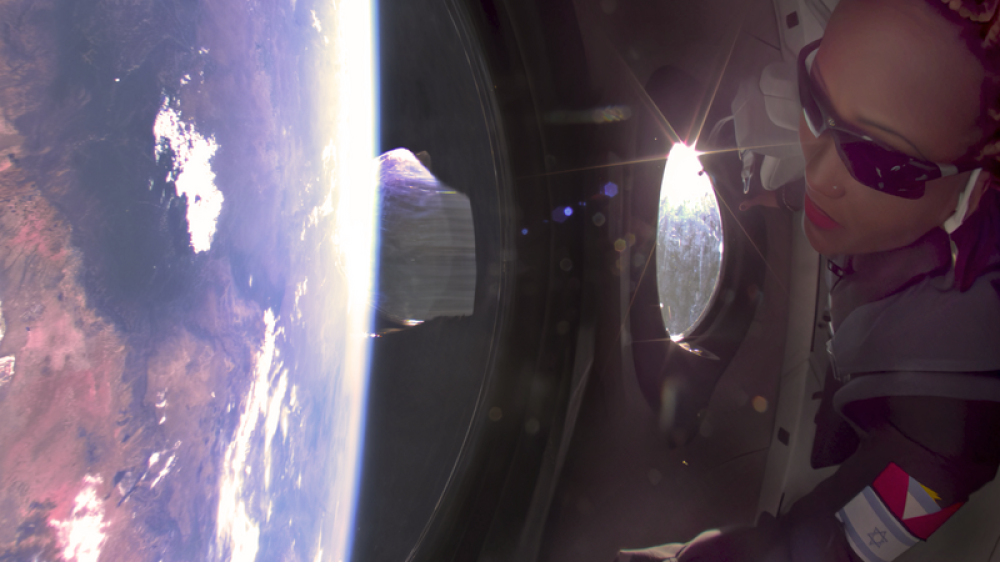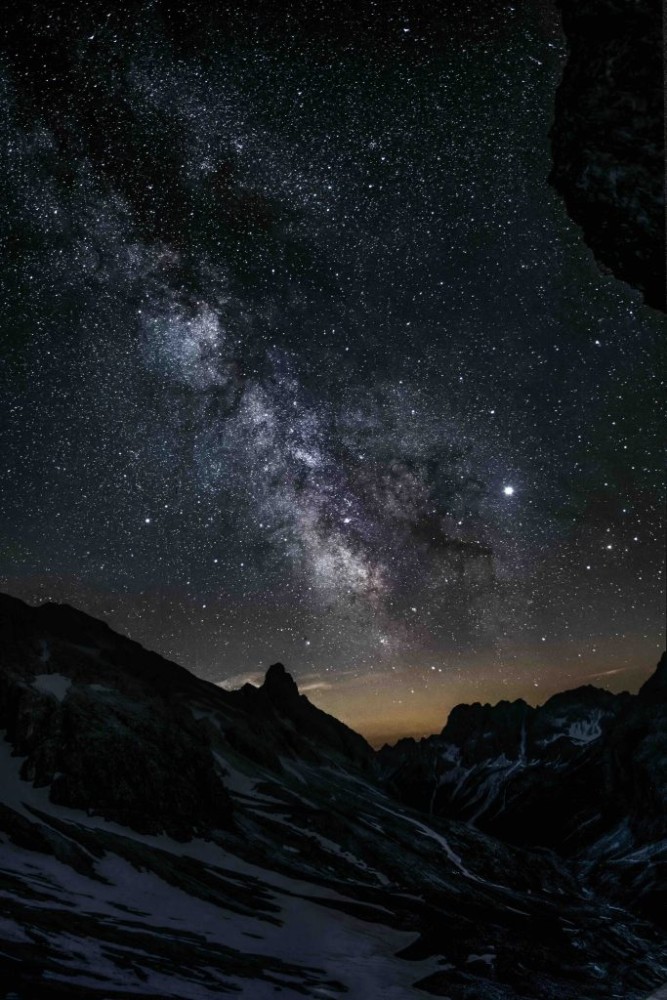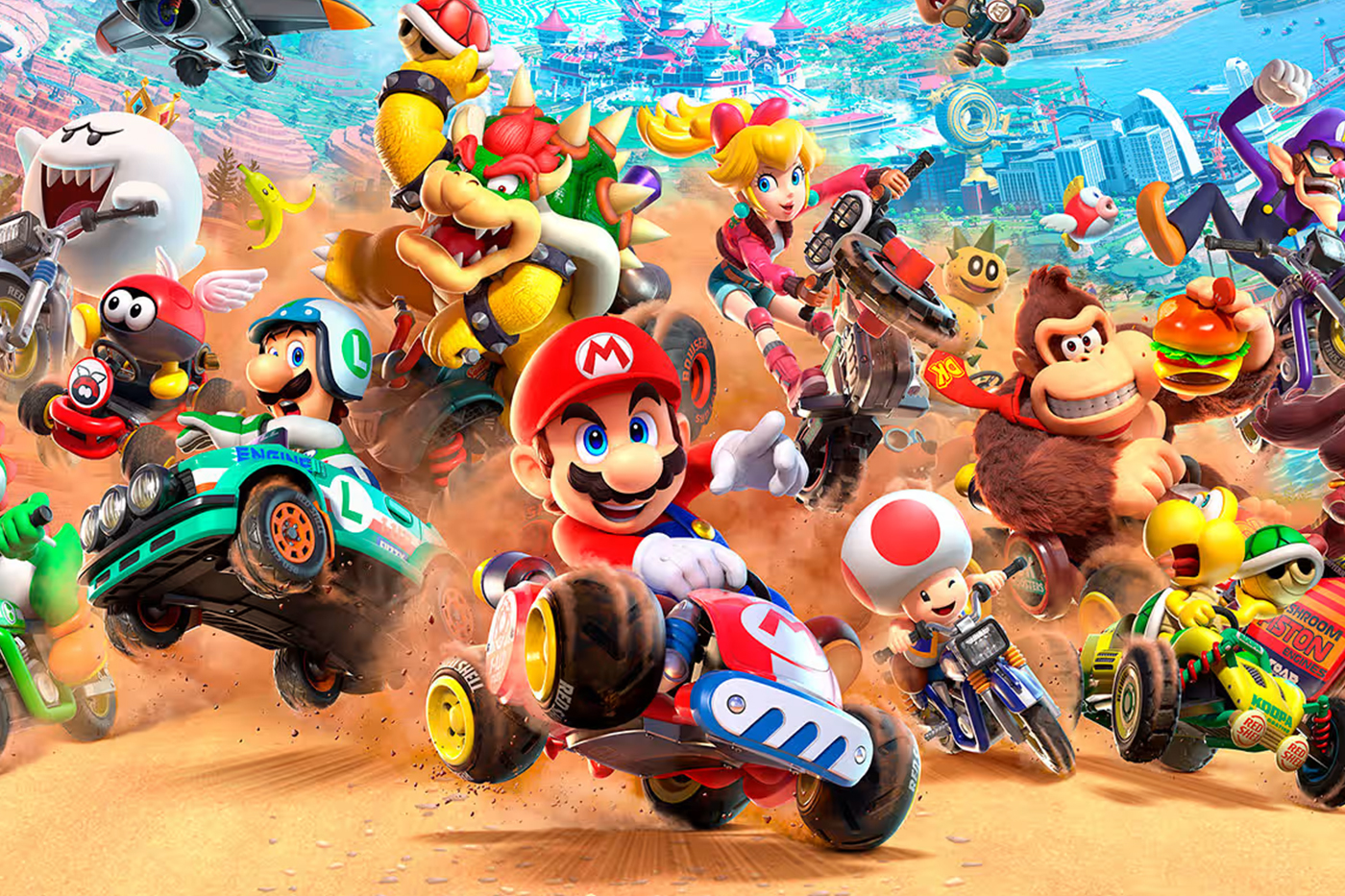As space tourism emerges as the next frontier in luxury travel, pioneering companies like Virgin Galactic navigate significant challenges that could redefine the industry’s landscape. Exorbitant costs, safety concerns, environmental impacts and ethical dilemmas complicate the journey toward making space accessible to a broader audience. Hill Choi Lee explores the intricacies of commercial space travel and its implications for discerning adventurers and the planet

In an age where online platforms abound, bespoke travel through a professional may seem less enticing. Yet, travel agencies maintain their enduring appeal through their unique ability to curate personalised experiences, provide expert guidance, and offer invaluable support.
Now, this bespoke experience has reached “the next frontier.” While people often seek specialist travel agents for their expertise and tailored itineraries, one such specialist, Intriq Journey, offers something that remains unavailable to the masses – at least, not without a sumptuous price tag.
Three years ago, #legend wrote about the “billionaire space race“, which poses the question which of three of the world’s wealthiest to achieve space tourism for the masses.
It seems a winner has somewhat emerged. The dawn of commercial space travel, epitomised by Intriq Journey’s exclusive “5 Days Revealing the Wonders of Space with Virgin Galactic”, marks a transformative moment in luxury travel.

This extraordinary programme in collaboration with Virgin Galactic invites affluent adventurers to experience the cosmos – a realm previously reserved for astronauts and billionaires. As we stand on the brink of this new frontier, critically assessing what this evolution means for the future of travel and the implications of space becoming a luxury commodity is essential.
The experience of a lifetime
The programme promises breathtaking views of Earth, the exhilarating sensation of zero gravity as participants float 300,000 feet in-cabin, and immersive pre-flight readiness training – all while enjoying the unparalleled comforts of the world’s first purpose-built commercial spaceport. Each moment is designed to create memories that last a lifetime, ensuring that every detail meticulously caters to the desires of the elite.
Also see: Two luxury hotel giants team up to elevate India sojourns
The new luxury: Space travel
The concept of luxury travel has evolved dramatically over recent decades, shifting from exclusive resorts and private jets to experiences that transcend earthly boundaries. With a price tag of US$600,000 per person, the journey to the stars undoubtedly remains a privilege reserved for the affluent. This situation raises profound questions about the accessibility of space travel and whether it reinforces existing socio-economic divides. As the market for space tourism expands, the cosmos may soon join the ranks of exclusive destinations, accessible only to those with substantial financial means.

Intriq Journey’s initiative focuses not merely on the thrill of weightlessness or the awe-inspiring views of Earth from space; it embodies a broader trend where extraordinary experiences commodify. The allure of space travel lies in its novelty and the prestige associated with being among the first to venture beyond our planet. However, this exclusivity could foster a sense of elitism, where only the affluent partake in what could be seen as a collective human experience.
We already see some of the most high-end brands we know trying to conquer their own little patch in space. From commercial space company Axiom Space announcing a collaboration with Prada on NASA’s lunar spacesuits for the Artemis III mission to luxury watch brands hitching a hike with astronauts into the stratosphere.
The future of space exploration
The partnership between Intriq Journey and Virgin Galactic reflects a growing recognition of space as the next frontier for luxury travel. Industry leaders note that this collaboration aims to “democratise access to space travel for the betterment of humanity,” suggesting an intention to make this extraordinary experience more widely available over time. Yet, the current reality remains that space tourism still exists in its infancy, with significant financial and logistical barriers to entry.

The burgeoning space tourism market projects worth US$3 billion by 2030, indicating strong demand among the ultra-wealthy for unique experiences. Nevertheless, the environmental impact of increased space travel cannot be overlooked. The carbon footprint of rocket launches and the potential for space debris raise ethical concerns about the sustainability of such ventures. As we embark on this cosmic journey, we must consider who gets to travel and the implications of our activities beyond Earth.
As commercial space travel becomes a tangible reality, it invites reflection on the nature of luxury and exploration. While the opportunity to experience space undoubtedly excites the average adventurer, it also highlights disparities in access and the environmental responsibilities that accompany such advancements.
The future of space travel may well redefine luxury, but it must do so with an awareness of its broader implications for society and the planet. As we gaze toward the stars, we must also ground our ambitions in a commitment to inclusivity and sustainability, ensuring that the wonders of space do not merely privilege the few but become a shared journey for all of humanity.
Also see: Travel in style: The must-have on-the-road luxury accessories for Fashion Week






